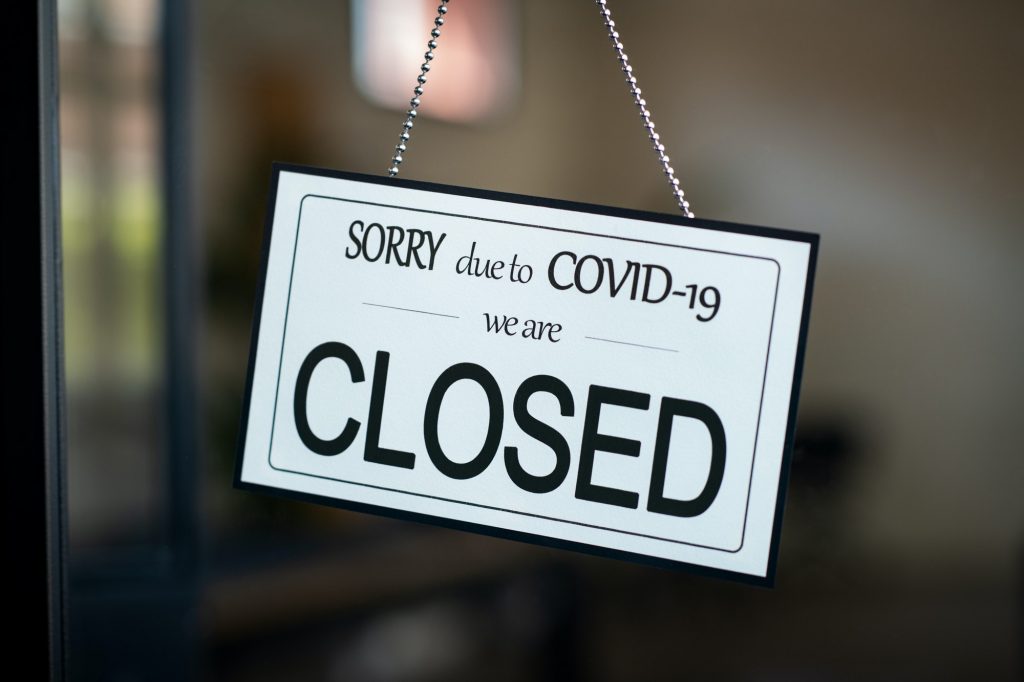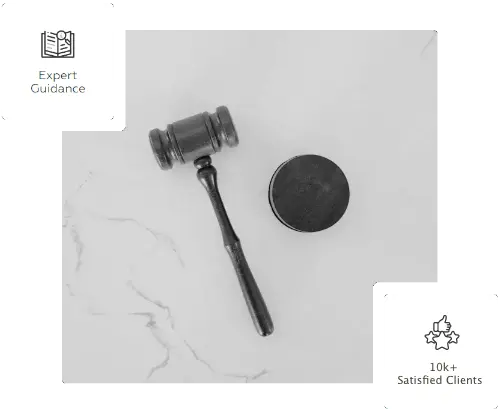 Can small business owners file for unemployment? The coronavirus pandemic has taken an unprecedented hit on the global economy, forcing businesses to shut down and surging the rate of unemployment. The impact has been particularly more devastating in the United States where the number of coronavirus cases have exceeded 5 million with over 164,000 deaths. Amidst this tumultuous time, millions of people have lost their jobs including small businesses who have shut their doors.
Can small business owners file for unemployment? The coronavirus pandemic has taken an unprecedented hit on the global economy, forcing businesses to shut down and surging the rate of unemployment. The impact has been particularly more devastating in the United States where the number of coronavirus cases have exceeded 5 million with over 164,000 deaths. Amidst this tumultuous time, millions of people have lost their jobs including small businesses who have shut their doors.
If you own a business and are forced to shut down or likely to stop operating in the future, you may want to know if you are eligible to file for unemployment. In this article you will learn eligibility criteria required to claim unemployment benefits in the U.S.
Can You File For Unemployment As A Small Business Owner?
- There is no one correct or wrong answer to this question as eligibility depends on a number of factors such as your state and your employment status within the business. But generally, you may be eligible for unemployment benefits if your business employs you (the owner) as a W-2 employee, and the business is a qualified employer by way of paying into the unemployment programs via taxes.
In other words, you must have worked as a wage-earning employee of the company. And you paid federal and state employment taxes. Also, you must be able to prove that you lost your employee status and actively seek alternative employment.
- For some reasons, most small business owners are rarely wage-earning employees in their companies. If you are a sole proprietor who capriciously takes money from the business whenever it is needed, then you may have a very slim chance of qualifying for employment benefits.
From experience, many LLCs, many partnerships and sole proprietors form their businesses without designating themselves as W-2 or wage-earning employers. Although doing so may save time and costs at the beginning of the business, you may not have grounds to file for unemployment if you find yourself in a situation where you have to shut your business either due to an illness, a pandemic or a disaster.
- Recently, the U.S Department of Labor made some changes to its requirements regarding when an individual can resort to seeking unemployment benefits. For example, you can be eligible for benefits even when your business hasn’t closed completely.
You may be eligible if your business only closed temporarily due to coronavirus or you are quarantined and expected to return to work much later. Also, people who have to leave their jobs because of the risk of exposure or have to care for an ill family member are now accommodated.
What If You Are Not A W-2 Employee In Your Business?
 The hope may not be totally lost if you are not a wage-earning employee with a record of tax payment.
The hope may not be totally lost if you are not a wage-earning employee with a record of tax payment.
Under this rule, your unemployment eligibility will be determined by your previous employment. In almost all states, there’s a minimum base period of a year. This means that the earliest four of the last five complete quarters of the calendar year will be considered to determine both eligibility and the amount of benefit you qualify for.
- If you don’t have sufficient employment history to leverage, your state may have exemptions where you can qualify with less work history. Therefore, it is extremely important that you check your state laws and requirements to be sure of where you’re standing.
Find an Unemployment Attorney Near You
How To Apply For Unemployment Benefits As A Business Owner?
- After confirming your eligibility, you can then proceed to applying for unemployment benefits. It is important to also confirm that you are eligible to work and actively looking for paid employment. The official website of the U.S Department of Labor will then direct you to your state’s website where you can apply online
You will be required to set up an account and provide your identification information. Make sure you complete the required information on the form including the details of your previous tax returns.
- After completing the application, the request will be sent to your employer to verify the information you provided. But since you are the employer, you will have to respond and complete the part of the application as well.
What Unemployment Benefits Can You Expect?
If your application is approved, you will receive benefits. Your claim will last one year. However, most states only provide benefits within the first 4-6 months of payments. You will not be able to file another claim until the year is up. The amount of benefits you will be provided is determined by your prior earnings. On a general note, you can expect benefits of $40 to $450 a week.
Wrapping up
If you are not qualified for unemployment based on the eligibility criteria set by your state, you may consider other alternatives such as Business insurance policies, state disaster relief or FEMA disaster relief.
